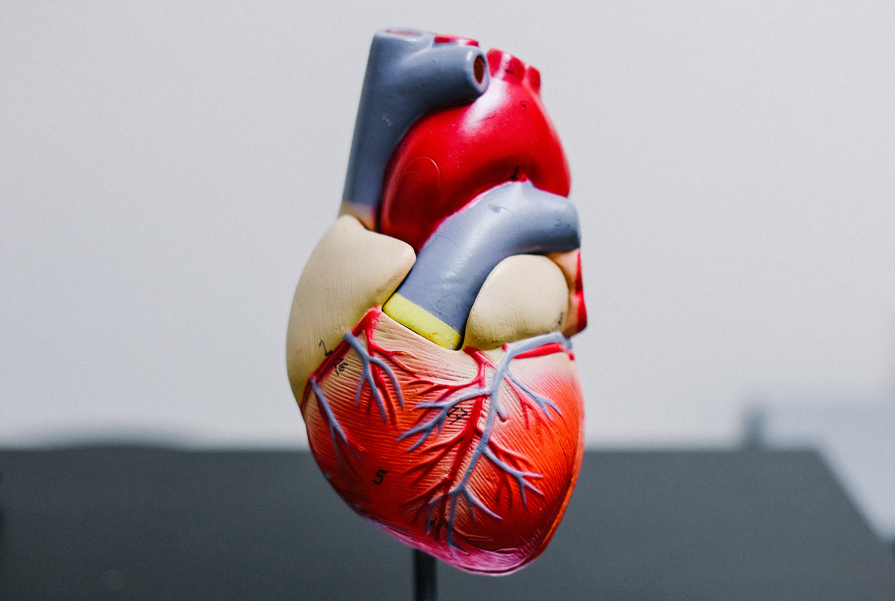Alerts from the Apple Watch’s heart-rhythm monitor may be false alarms
By Caitlin Finlay
While many smartwatches and fitness bands will monitor your heart rate, the Apple Watch took things a step further with its ability to detect an abnormal heart rhythm. However, according to the results of a recent study, the new feature may be scaring users needlessly and sending them in search of unnecessary medical care.
The feature was designed to detect asymptomatic (“silent”) atrial fibrillation—a common type of heart arrhythmia. The US Food and Drug Administration (FDA) published a guidance clearing the feature for non-clinical use but stated that it isn’t meant for those under 22 years of age or those who have been diagnosed with atrial fibrillation. Atrial fibrillation can be asymptomatic in up to one-third of cases but can increase the risk for stroke and death. During the initial Apple Heart Study to assess the use of the Apple Watch, 2,161 participants (0.52%) received abnormal pulse alerts with 57% seeking medical care—only 34% were diagnosed with atrial fibrillation.
A study published in the September 2020 issue of the Journal of the American Medical Informatics Association looked at the incidence of false positives from the Apple Watch and the potential effect on the health-care system. Researchers looked at patient health records from Mayo Clinic sites over a period of six months that contained the terms “Apple Watch,” “abnormal pulse detection,” and “alert.” They also included the term “no alert” for those who may have noticed an abnormality on the Apple Watch heart rate monitoring but were not specifically alerted by the Apple Watch.
Of 264 patients who sought medical attention after their watch indicated a problem, only 30 (11.4%) received a cardiovascular diagnosis, suggesting a high rate of false positives. Half had already been diagnosed with a cardiac problem. The study has also shown that the Apple Watch users are not adhering to the FDA guidance, since 8.7% of patients reviewed were under 22, and 22% were found to have pre-existing atrial fibrillation. Of the 41 patients who received an abnormal pulse detection alert, 6 (15%) received a cardiovascular diagnosis such as atrial fibrillation.
Advancing technology in smartwatches provides opportunities to monitor health, but they aren’t medical tools and shouldn’t be relied on to be. False positive alerts from the Apple Watch and other similar devices could lead to stress and anxiety, unnecessary visits to health care providers, and the overuse of health-care resources.
Photo: iStock/killerbayer.






